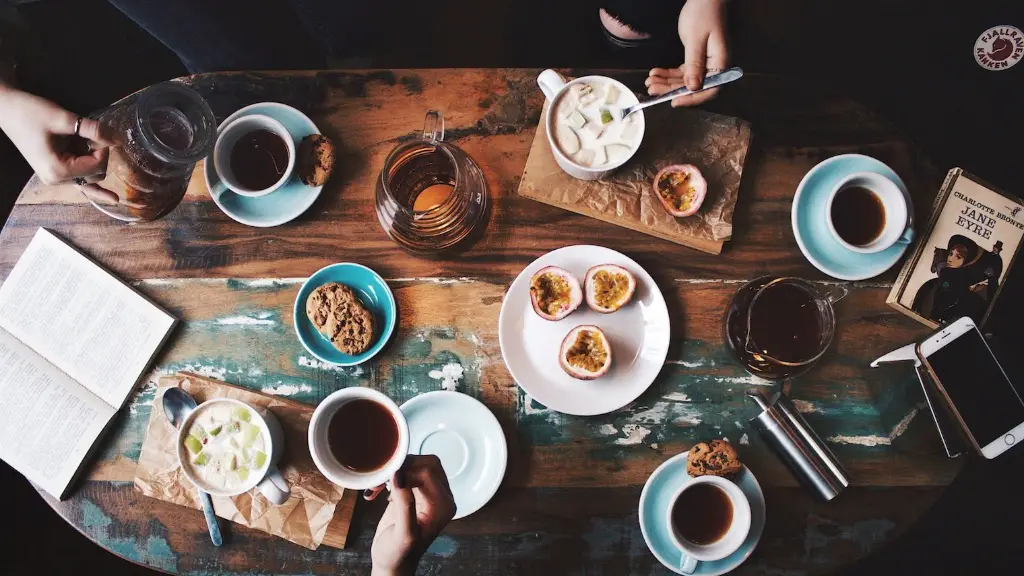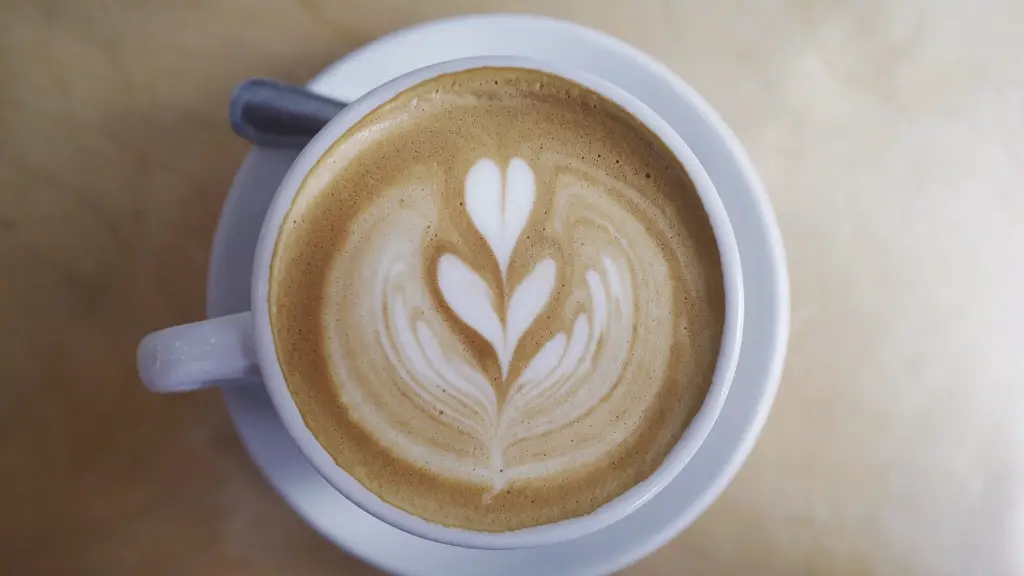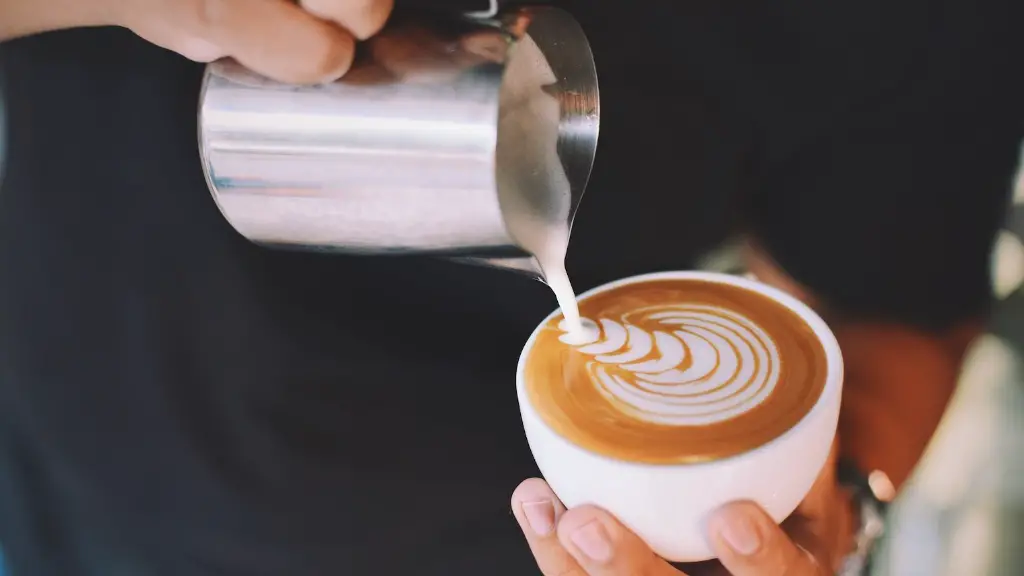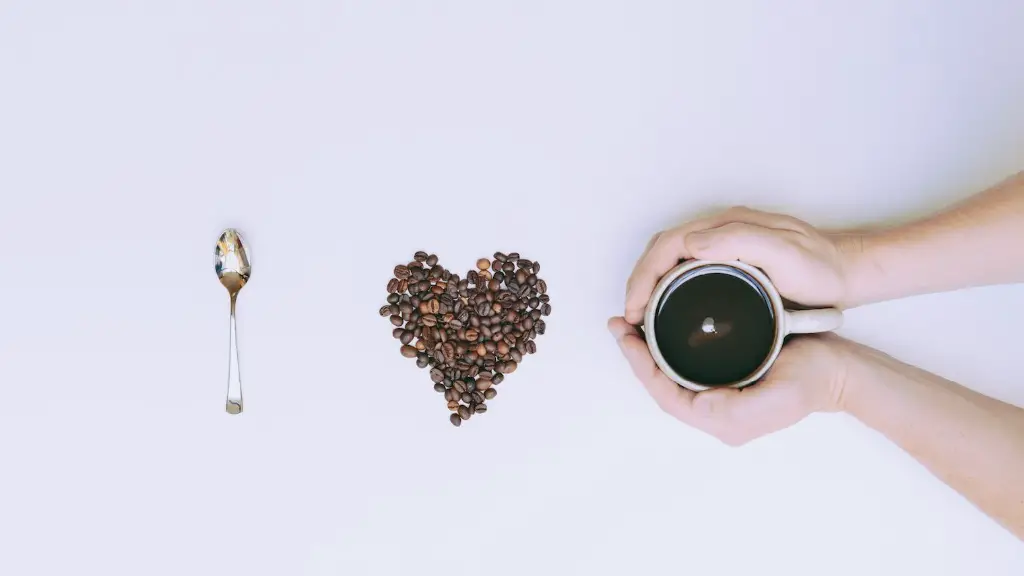Do you find it hard to get to sleep when you’ve had a cup of coffee in the evening? Or have you heard conflicting advice, that it’s best to avoid caffeine after 6 PM or 2 PM? It’s an interesting debate and when it comes to the consumption of caffeine, even experts can’t agree. But before making a decision, first let’s look at what caffeine is and what it does to your body.
Caffeine is a stimulant, works by blocking adenosine receptors in the brain, which makes you feel more awake. This also affects your cortisol, the hormone that helps to regulate sleep. That’s why after drinking coffee, you may stay awake longer.
However, some studies have found that the effects of caffeine are more pronounced for those who have the poorest sleep quality, which leads to people seeking it out. Therefore, not surprisingly, the more you drink it in the evening, the less satisfied you’ll be with your sleep quality. But, this doesn’t necessarily mean that it’s bad for you.
Most research confirms that the health benefits of coffee typically outweigh the drawbacks, regardless of timing. To be on the safe side, moderate your intake in the evening – roughly one cup at most, although this also depends on your sensitivity. Research also suggests that if you do choose to drink coffee late at night, it’s best to avoid high doses – 4 or more cups – or it’s best to spread the doses out throughout the day.
When it comes to the exact timing of when to drink the coffee, the consensus is that the most important factor to consider is your own sleep routine. If you’re someone who goes to sleep quite late despite it not being ideal, then having a cup of coffee after dinner won’t significantly harm your sleep. And while it’s always best to avoid drinking caffeine late at night, some individuals find that a small cup of coffee at around 4 or 5 PM helps them feel more alert in the evening.
When it comes to drinking coffee at night, it’s best to be wary and make sure you don’t have too much. To ensure the best sleep quality, try to make sure that you’re not depending on caffeine too heavily to stay awake, as that can lead to other problems down the road. Consider cutting back or switching to decaf, and establish healthy sleep habits that don’t involve the need for large doses of caffeine.
External Factors
In addition to sleep-related factors, there are also external factors that can encourage or discourage you from drinking coffee in the evening. For example, drinking coffee in a public place late at night may not be ideal as it can attract more unwelcome attention. Similarly, consuming large amounts of coffee late at night when you are likely to be feeling more vulnerable in a potentially dangerous situation can also be risky. So it’s important to consider your environment and the potential drawbacks.
Ultimately, drinking coffee in the evening isn’t necessarily a bad thing and depending on your own situation and routine, it may even be beneficial. There’s no one-size-fits-all answer, so pay attention to your own body and to the context in which you consume coffee. As long as your intake is moderate and you’re mindful of how it affects your own wellbeing and health, you can enjoy the stimulation without running into trouble.
Heart Health
When it comes to coffee, most people know of it’s stimulating effects on your body, but there are also some lesser-known effects on heart health. Research has found that caffeine can also increase blood pressure and increase your heart rate, which can be dangerous if combined with unhealthy lifestyle choices. So if you have a pre-existing heart condition and you’re consuming coffee in the evening, be extra cautious about this.
Furthermore, the effects of caffeine can differ from one person to another. Your age, gender, and health profile can all have an impact on your body’s sensitivity to caffeine, which may explain why some people are more prone to feeling jittery or feeling an increased heartbeat from even small amounts of coffee. So it’s important to be mindful of how your body reacts to coffee when making decisions about drinking it in the evening.
Coffee Alternatives
To avoid the negative impacts of drinking coffee in the evening, consider switching to decaf, as it has all the taste and aroma of regular coffee, without the stimulating effects of caffeine. Alternatively, there are also many other beverages that can provide you with a relaxing and calming boost in the evening. Herbal teas like chamomile, green tea and ginger tea can help you to get a good night’s rest while still providing you with the feeling of something warm to drink.
Similarly, a hot cup of oatmilk, almond milk or even a vegetable-based broth can help you to unwind in the evening, without the stimulating effects of caffeine. So if you’re looking for a caffeine-free alternative to caffeine, try to incorporate some of these into your evening routine.
Nutrition
The timing of your caffeine intake isn’t the only thing you should consider, the food you consume alongside it is also important. Caffeine can increase hunger and cravings, so it’s best to pair it with a healthy, balanced snack that will leave you feeling satisfied. Think a small handful of nuts or an organic dark chocolate bar. Plus, it can help to reduce the jitters and provide your body with some added energy.
In addition, it’s important to be mindful of any pre-existing nutrient deficiencies you have in order to make sure that coffee is not exacerbating any existing conditions. For example, drinking coffee in the evening can interfere with your ability to absorb certain vitamins and minerals, such as iron and zinc, so make sure that you’re getting enough of them in your diet. The same goes for calcium and magnesium, both of which play a vital role in your body’s metabolism.
Check In
Finally, while it’s important to be mindful of the potential risks of drinking coffee in the evening, it’s equally important to listen to your body and to be aware of your own feelings when it comes to consuming it. Some people find that coffee helps them stay alert and focused in the evening, while for others it may leave them feeling overwhelmed and anxious. So it’s important to take the time to check in with yourself and your own preferences before reaching for a cup of coffee.
Additionally, the effects of caffeine can change over time, so it’s important to keep an eye on your own body’s response. If you find that you’re experiencing more negative effects than positive ones after drinking coffee late at night, it may be time to reconsider your caffeine intake or to look for alternatives.




